Don't live in poverty… with the sea
Saying that they go to sea alone to freely pick up trash, but even those who go to sea in pairs or alone like Mr. Tai still keep in touch so that when needed, they can help each other. On the return trip, Mr. Tai's small boat broke down, not to worry "fishermen" like us who were just learning the trade, Mr. Tai used a walkie-talkie to "call for help" from the boat of fisherman Nguyen Minh Loan (47 years old, living in Can Thanh commune) who was close to the shore. So we had the chance to meet another friend in the same boat as Mr. Tai. Revolving around the life of a fisherman and the story of sticking to the sea, catching, and harvesting products, Mr. Loan said that after 35 years of struggling with the waves and winds at sea, he always had the idea of living a "good life" with the sea, wanting to keep the profession sustainable, to have a long-term attachment to the fishing net and boat, he must have a kind way of treating the sea.
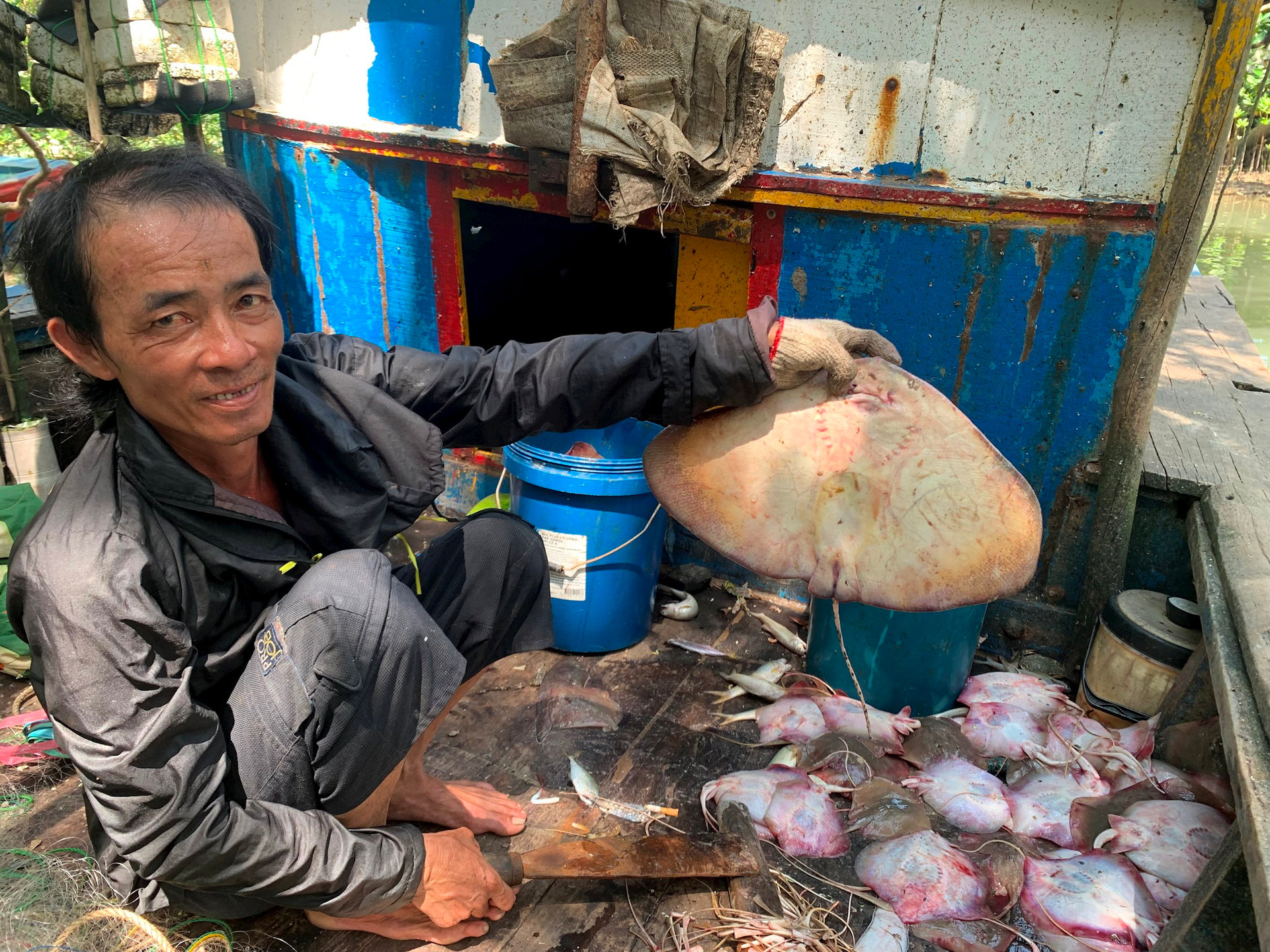
“Don’t be mean and cruel to the sea! Whatever you do to the sea, it will respond in kind. Sometimes it will be a hundred or a thousand times more ferocious,” Loan pondered philosophically. He cited that philosophy very specifically. Whatever type of seafood is in its spawning season and fishermen catch it indiscriminately, without leaving any “spawn”, no matter how big or small, then it is certain that next season, no matter how many nets they cast, not a single fish will be caught. That is the “karma” that the sea and nature “respond” to… humans!
Therefore, in order to live and have a long-term sustainable relationship with the sea, fishermen at Dong Lanh fishing port almost have an unspoken agreement, an unwritten mindset with the ocean that they must not catch seafood in an destructive manner. Fishing must be done during the breeding season, not using explosives that accidentally destroy coral reefs, destroy the bottom water layer... to ensure the development of plankton species, ensure the food chain for marine life and small shrimp and fish, thereby nurturing and developing other species, which are typical "products" of Can Gio sea such as: pineapple fish, grouper, stingray, crab, etc.
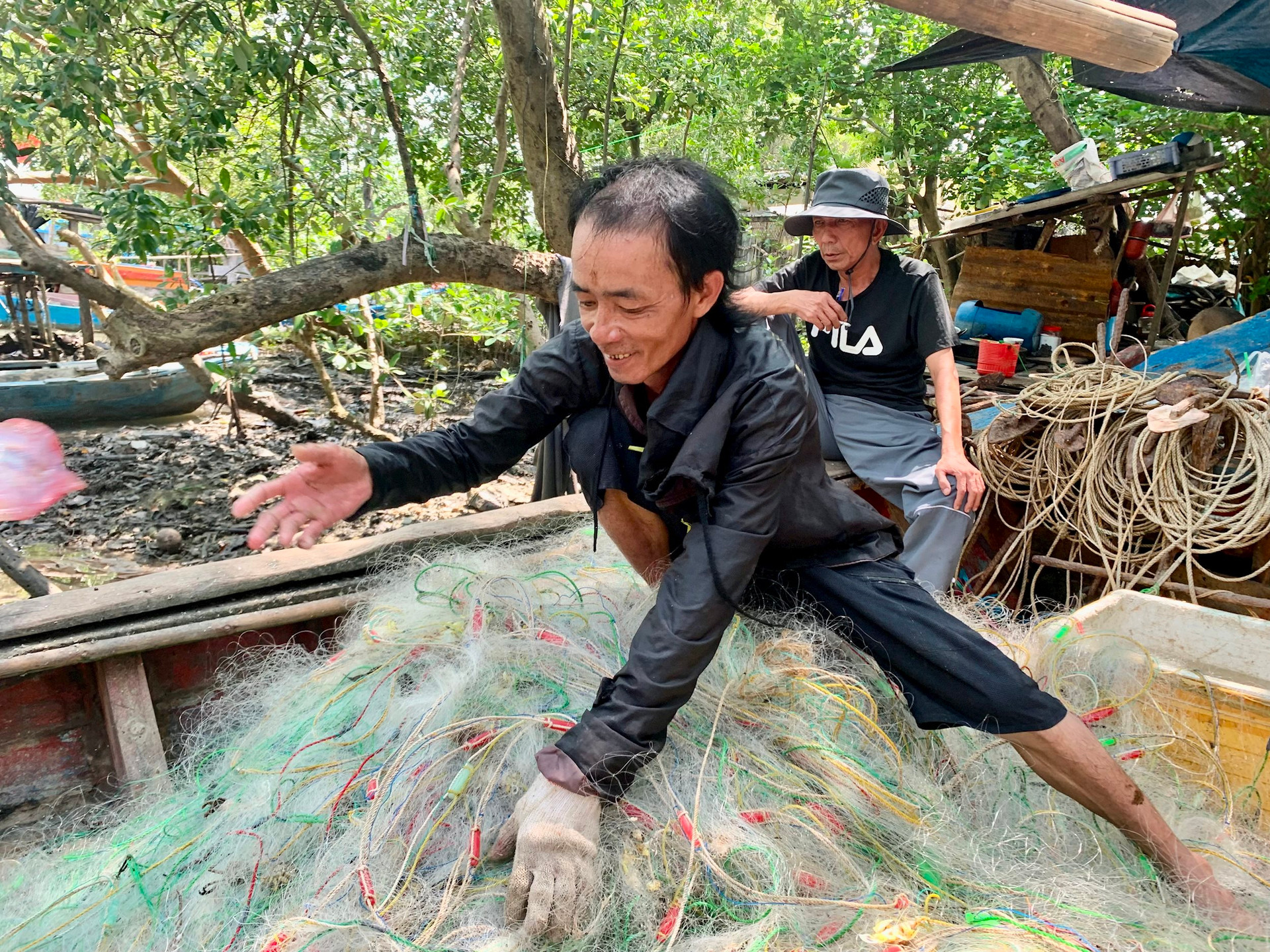
Mr. Loan's story brought us to Dong Lanh without us knowing. Sipping a cup of strong wine on the boat that had just returned from the sea, Mr. Tai compared his life to a piece of music, with high and low notes, with difficulties and challenges, and sweet happiness. No matter what part of the song he is on in life, he always has peaceful moments after returning from a long trip, and the most peaceful feeling is when that trip picks up trash and avoids catching immature fish.
Protect the sea like protecting our common home
His concern is the concern of someone who understands the ocean. “Can Gio sea is starting to run out of seafood, but because I am single, life is okay, but for a large family, it is difficult. About 15 years ago, we didn’t need to go far, every time we cast our nets, we would always bring back a full boat. If the net caught half a kilo of fish, I would release them back to the sea. Every year, the crab season starts from June to September. Can Gio crabs have fatty meat, lots of roe, and their deliciousness is beyond comment. On weekends, Saigon people come here for tourism, so crabs attract a lot of customers. When the weather turns rainy and windy and I can’t go out to sea, I go to Sac forest to catch three-striped crabs to sell,” Mr. Tai confided.
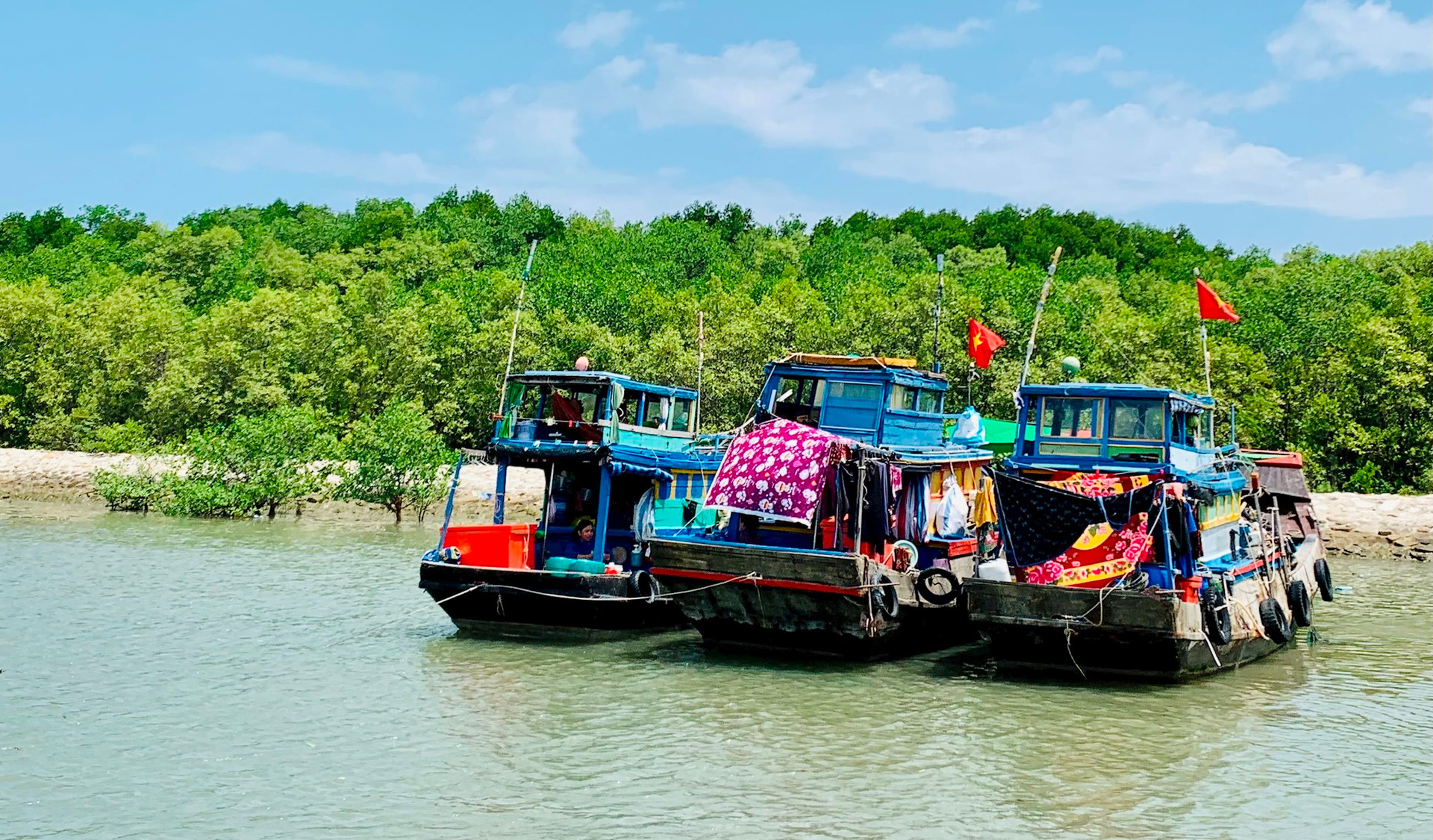
After a moment of imagining the “glorious” days of the past, Mr. Tai suddenly lowered his voice: “In recent years, illegal sand dredging has destroyed the natural ecosystem of Can Gio sea. There was a time when a whole flock of barges lowered their hoses to the seabed to dredge sand, and no fish or shrimp dared to “come near” to live here. Whenever we fishermen went out to sea and discovered a sand dredging barge, we would chase it away and report it to the authorities. We also closely examined oil spills. That oil spill polluted the water source, making the “lives” of fish and shrimp very fragile at times. But basically, it was like before, now the marine ecosystem is stable, and the lives of fishermen are also stable.”
The tradition of working at sea and difficult circumstances have made people like Mr. Tai disadvantaged because they cannot go to school. However, the man who calls himself a child of the sea has surprisingly "equipped" himself and updated his knowledge of keeping the sea blue when he talks about the harmful effects when people are indifferent to the sea and do not know how to cherish and preserve the blue color of the sea: "Plastic bottles and pieces of plastic, when they sink to the bottom, still exist and damage the quality of seawater, coral reefs, and marine life for thousands of years, not to mention the tiny pieces of plastic that fish accidentally eat and then the microplastic particles seep into their blood... when people eat fish, they also eat those microplastic particles, if they are not poisoned immediately, they will be poisoned slowly" - Mr. Tai explained.
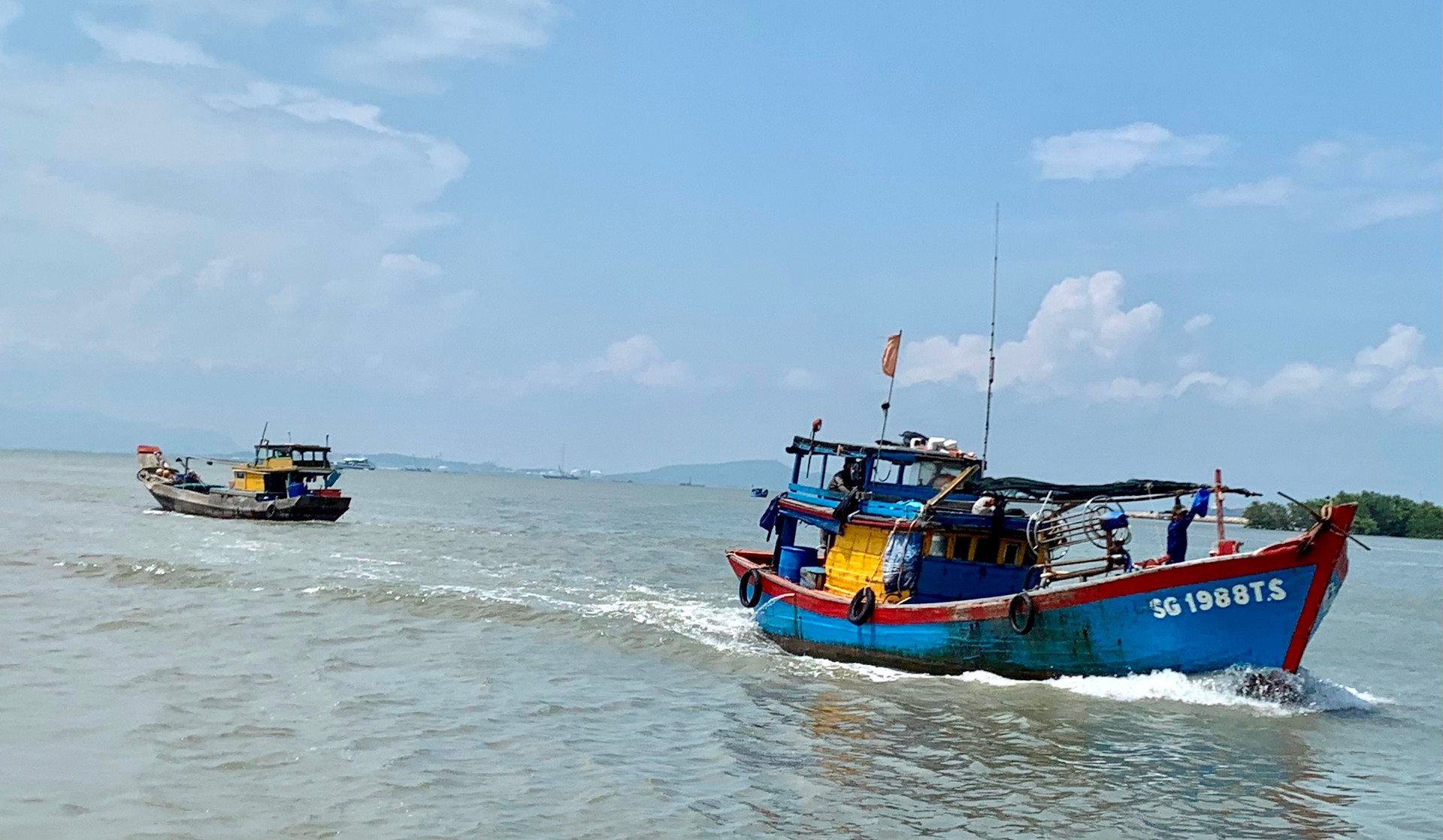
Contributing to the conversation, Mr. Ba Truyen (73 years old, living in Dong Lanh fishing village) added: “Fortunately, in the past few years, the amount of fish and shrimp here has been stable. Just looking at the fish and shrimp, I know that the marine environment here has improved a lot. When the sea is polluted, the first harm is that the quantity and species of seafood will decrease, many species will “fail”, some species will leave the sea here and migrate to other seas to live. This fishing port was renovated 3 years ago with the method of the State and the people working together. Therefore, fishermen keep the fishing port like… “keeping their own property”. Around the road to the fishing village, the fish farm has surveillance cameras installed, and when detecting acts of littering that pollute the environment, they will handle it.”
Just as Mr. Ba Truyen said, before meeting Mr. Tai to ask to go out to sea together, the image that caught our eyes was fishermen and warehouse owners spraying water to clean the fishing port. One reminded and watched the other. Mr. Ba Truyen said that everyone had the right to remind others if they saw them accidentally littering or littering, every day, gradually forming the habit of keeping the fishing port environment clean and fragrant.
Not only on land but also under the sea. The act of collecting floating trash in the fishing grounds has quietly "infiltrated" Tai's fellow fishermen in the area. At first, a few people also "secretly" bought nets and bags to take advantage of the time to cast their nets to collect trash. Then this action spread from one fishing boat to another, and gradually spread to the entire seafood exploitation cooperative without them knowing.
Pointing to fishing boats in the distance, Mr. Tai said: “There, all those boats have people scooping up plastic trash and cans like me. In the areas near Can Gio beach, you can also see boats towing a small boat that specializes in picking up trash. After their boats drop anchor and drop their nets, they get into their small boats and circle around to look for… trash.

As if wanting to make the story about trash more... rich, fisherman Nam Mu (47 years old) added: "Like at our Long Hoa fishing port, about 200 fishing boats and seafood exploitation boats here have been buying nets and bags to collect all kinds of plastic waste and cans from all the sea areas that their boats have visited."
It is interesting that from the usual activities that are repeated over and over again, gradually the habit of behaving with the sea of the community is formed and becomes a marine culture. In that culture, the philosophy of the symbiotic relationship between humans and nature that has existed for thousands of years is clearly evident.
Lesson 3: Swallows “carry”… spring
Source


![[Photo] President Luong Cuong receives Ethiopian Prime Minister Abiy Ahmed Ali](https://vstatic.vietnam.vn/vietnam/resource/IMAGE/2025/4/16/504685cac833417284c88a786739119c)
![[Photo] Many practical activities of the 9th Vietnam-China border defense friendship exchange](https://vstatic.vietnam.vn/vietnam/resource/IMAGE/2025/4/16/3016ed3ef51049219574230056ddb741)
![[Photo] President Luong Cuong meets 100 typical examples of the Deeds of Kindness Program](https://vstatic.vietnam.vn/vietnam/resource/IMAGE/2025/4/16/ce8300edfa7e4afbb3d6da8f2172d580)
![[Photo] National Assembly Chairman Tran Thanh Man meets with Ethiopian Prime Minister Abiy Ahmed Ali](https://vstatic.vietnam.vn/vietnam/resource/IMAGE/2025/4/16/c196dbc1755d46e4ae7b506c5c15be55)
![[Photo] Opening of the 4th Summit of the Partnership for Green Growth and the Global Goals](https://vstatic.vietnam.vn/vietnam/resource/IMAGE/2025/4/16/488550ff07ce4cd9b68a2a9572a6e035)
![[Photo] Opening of the Exhibition on Green Growth](https://vstatic.vietnam.vn/vietnam/resource/IMAGE/2025/4/16/253372a4bb6e4138b6f308bc5c63fd51)
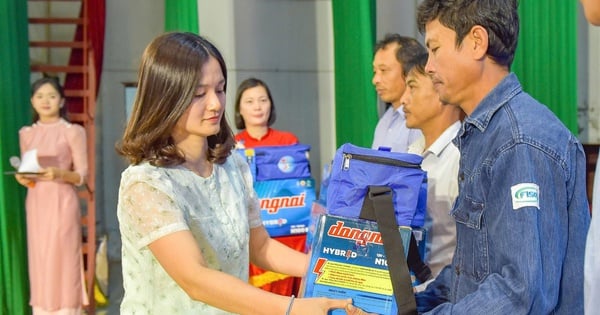
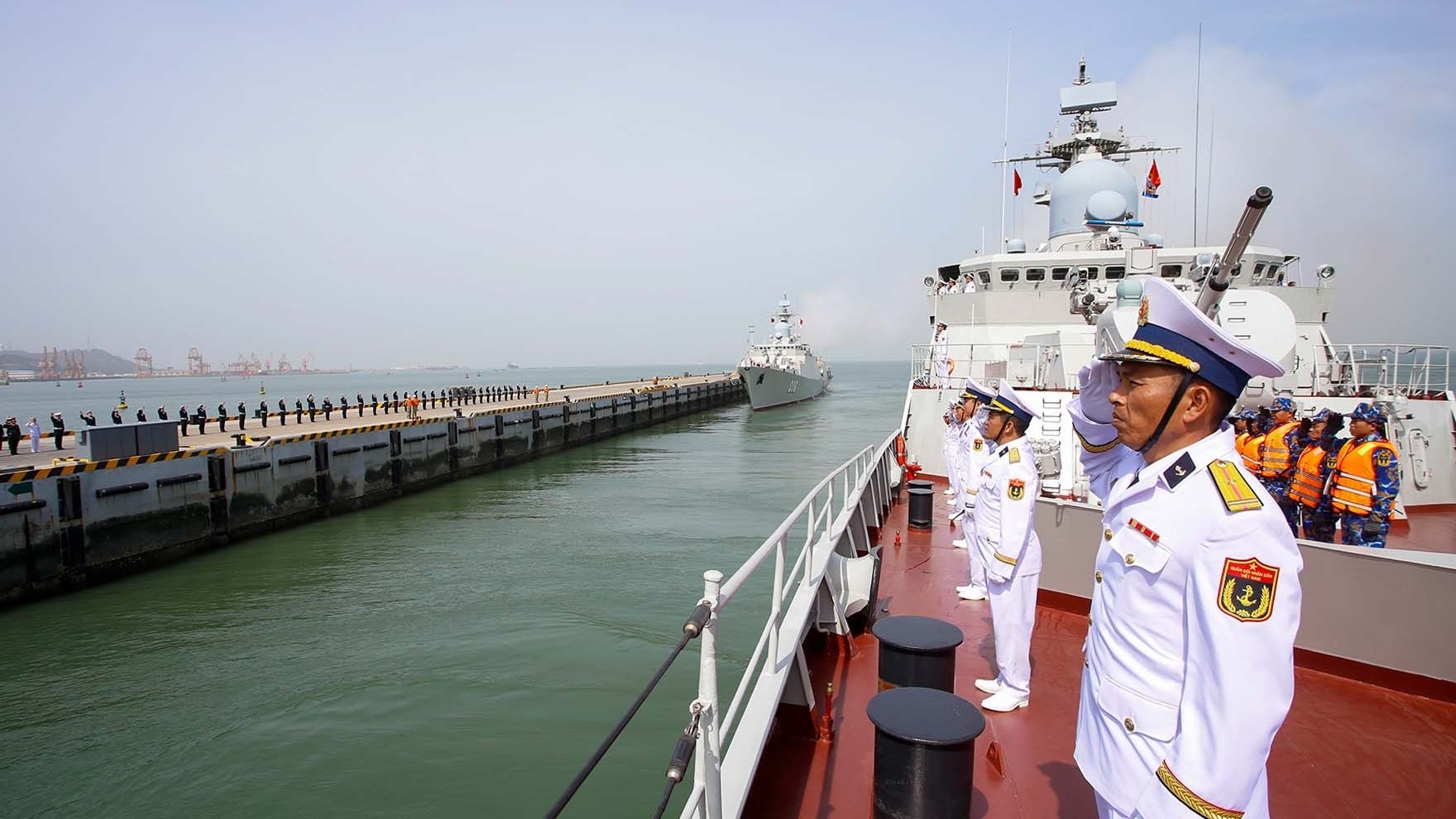
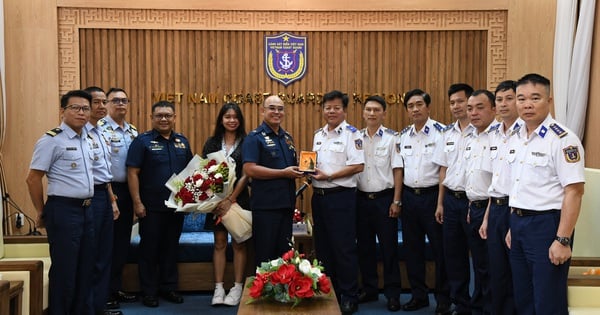
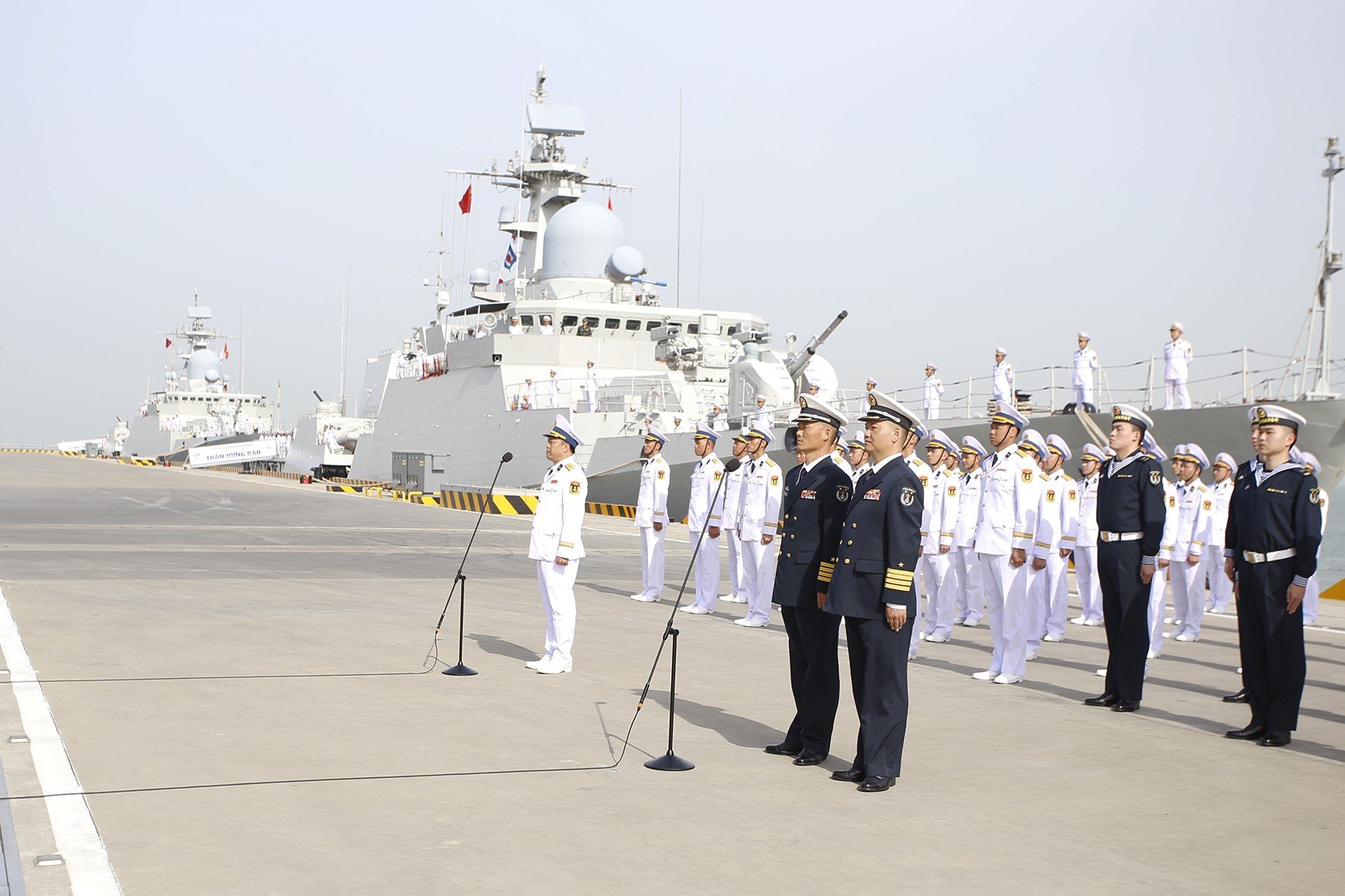
![[Photo] Minister of Defense Phan Van Giang paints the Vietnam-China border marker](https://vstatic.vietnam.vn/vietnam/resource/IMAGE/2025/4/16/9261aca0ef304cefb1ac953a9cb32a9f)
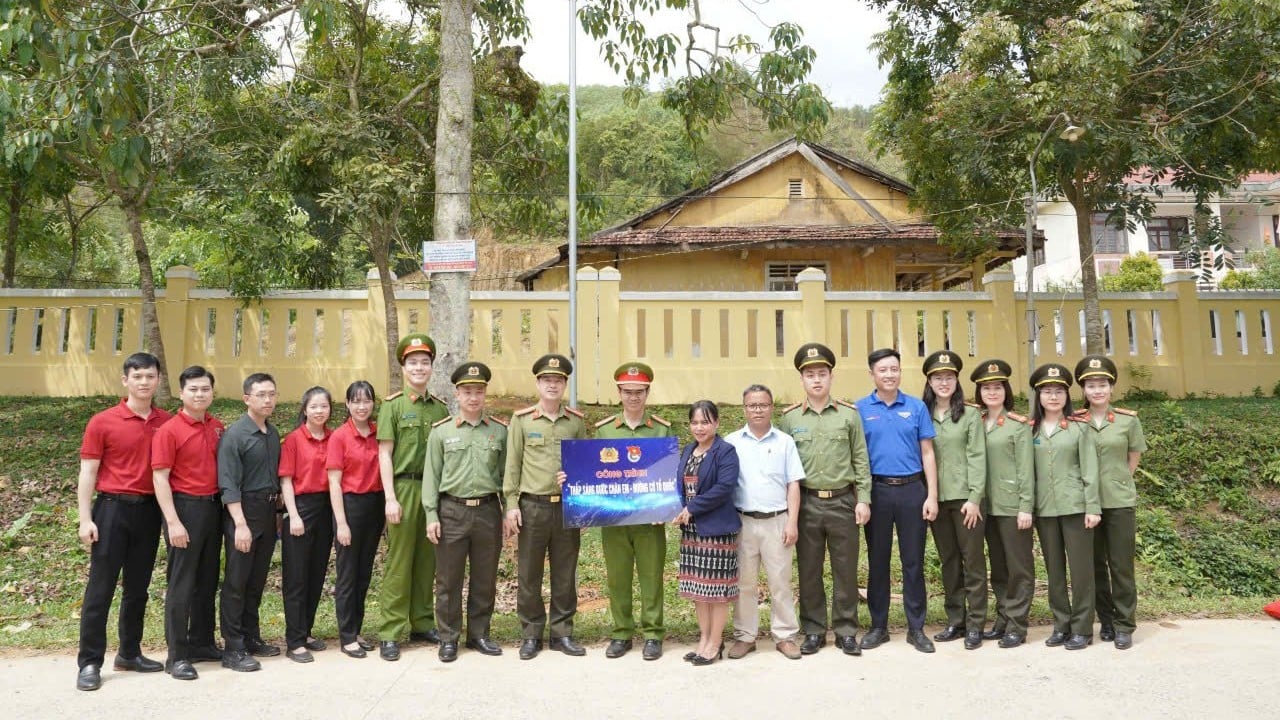












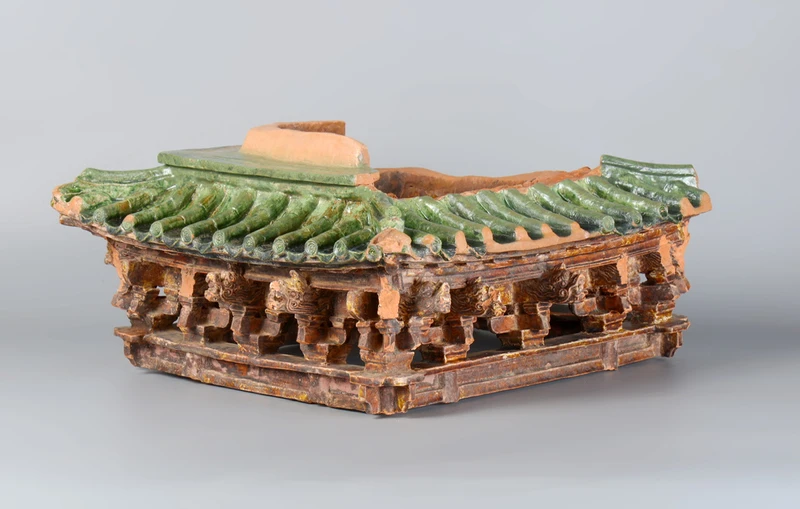



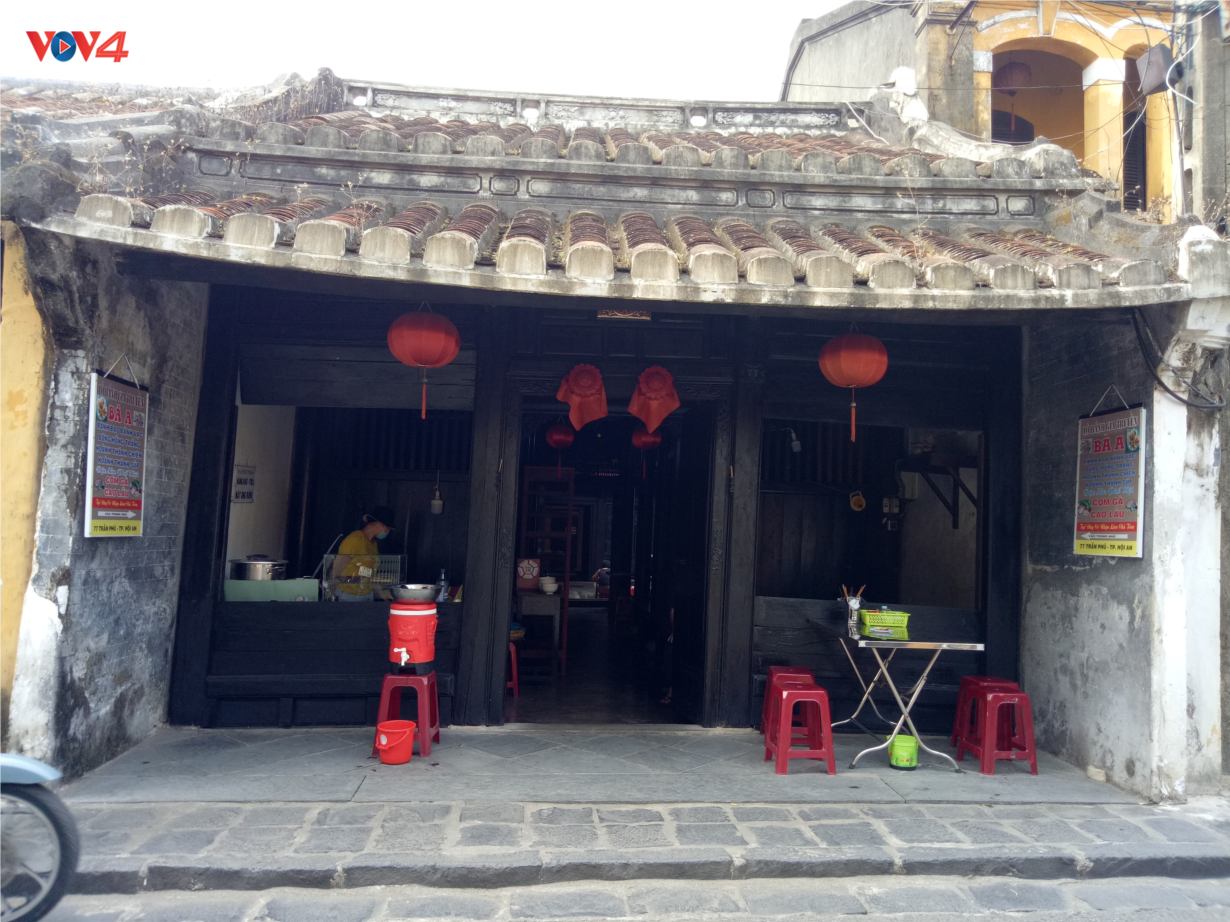

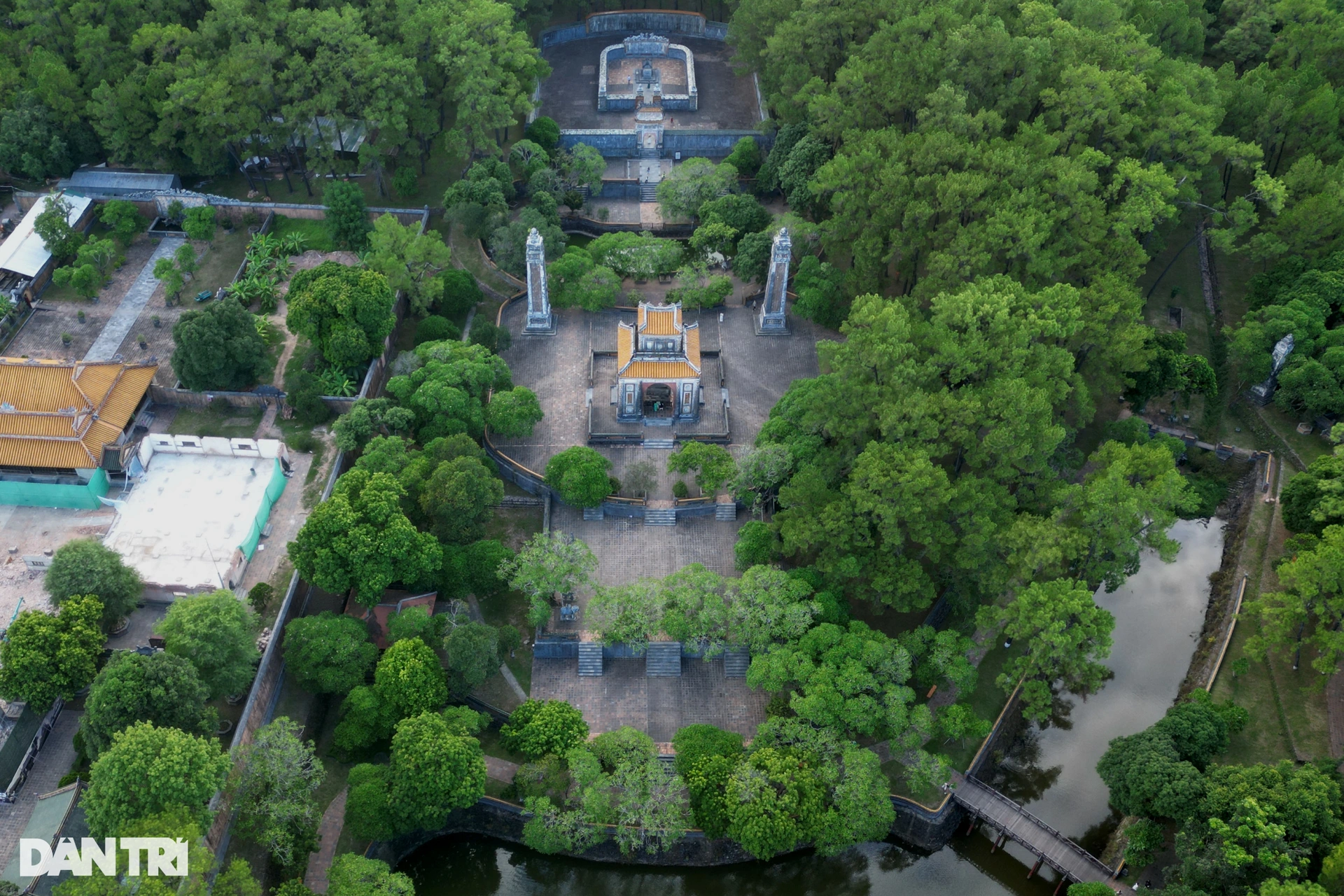

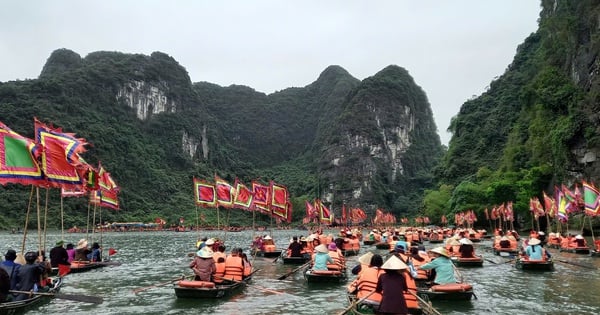



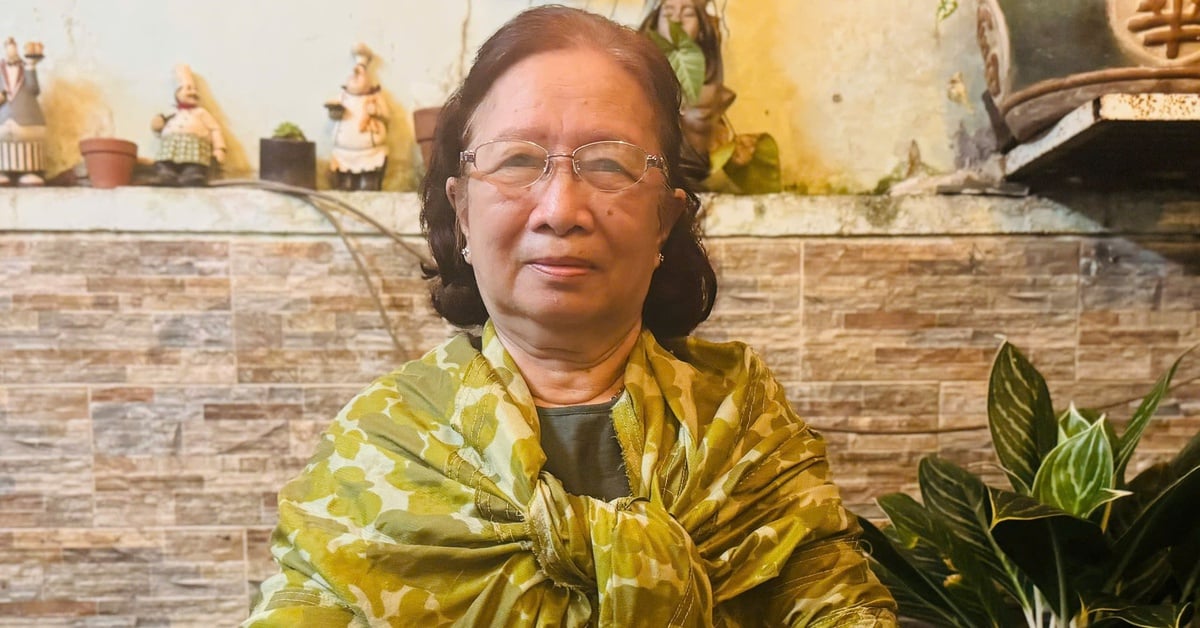

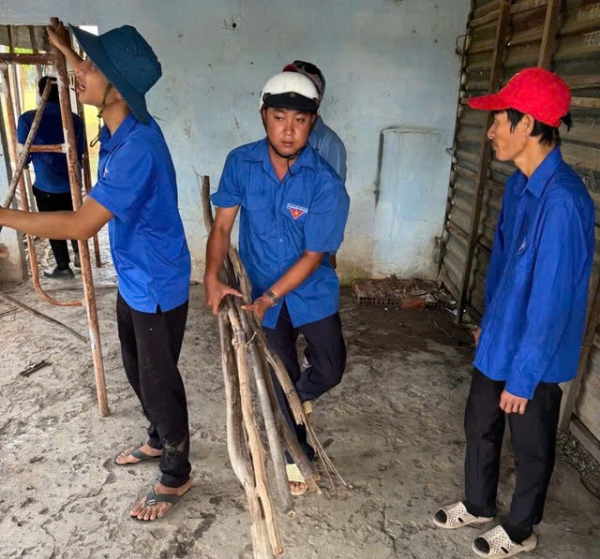

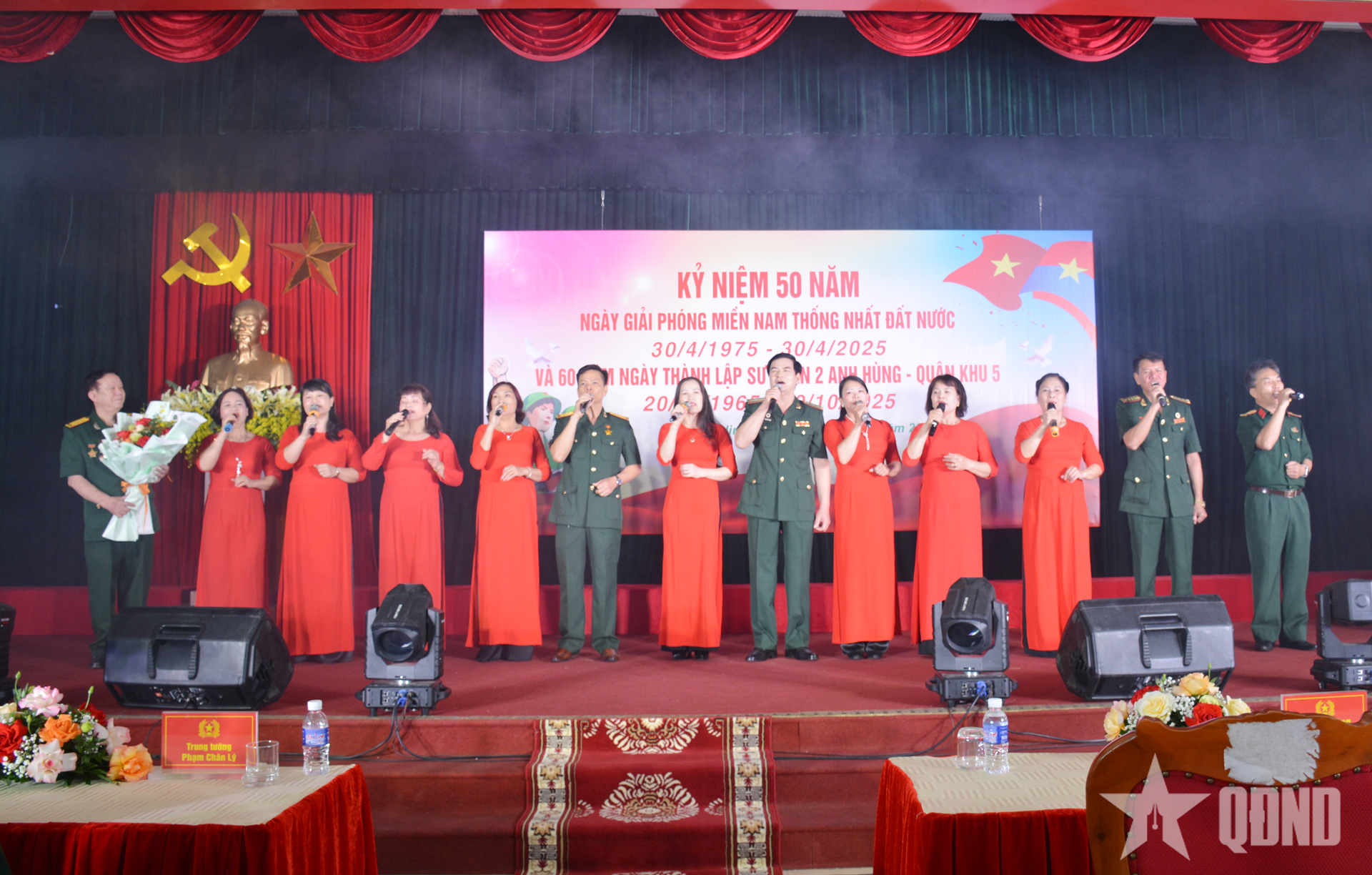

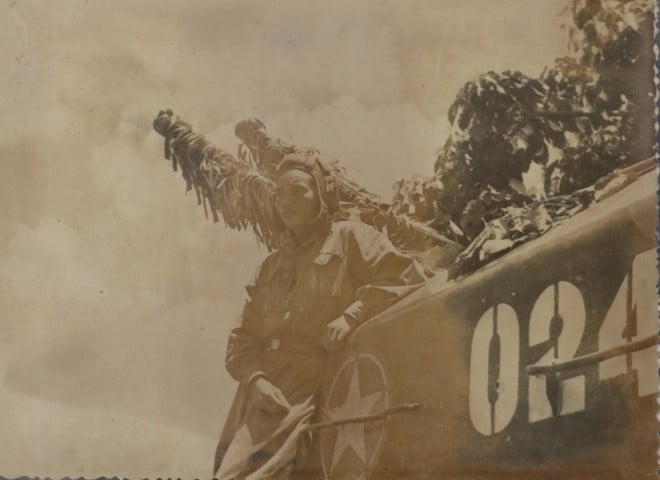
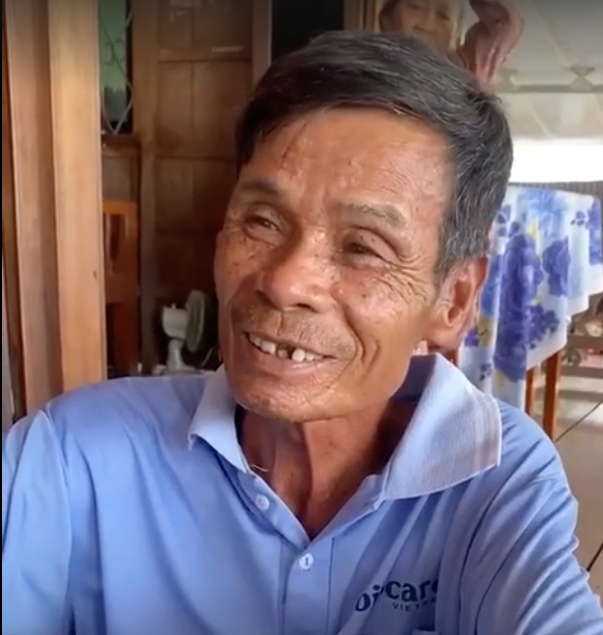

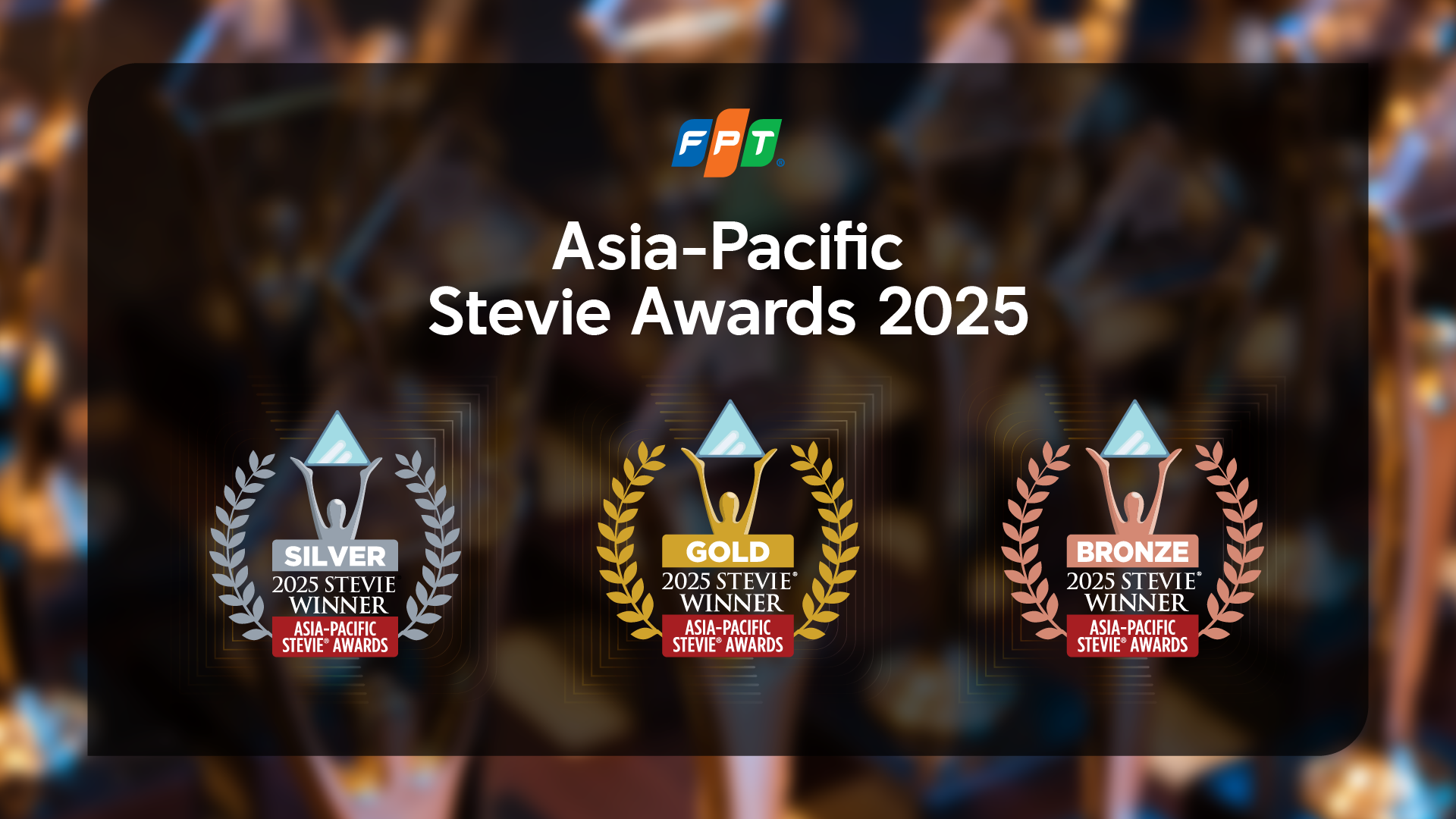

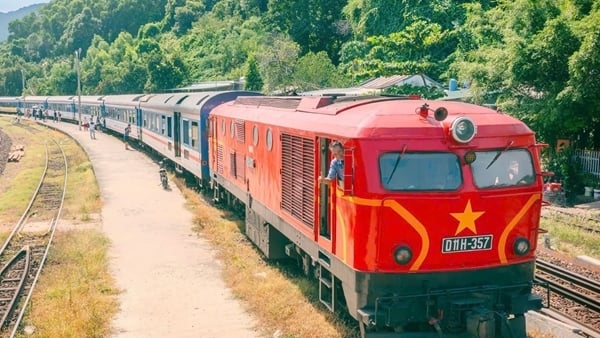



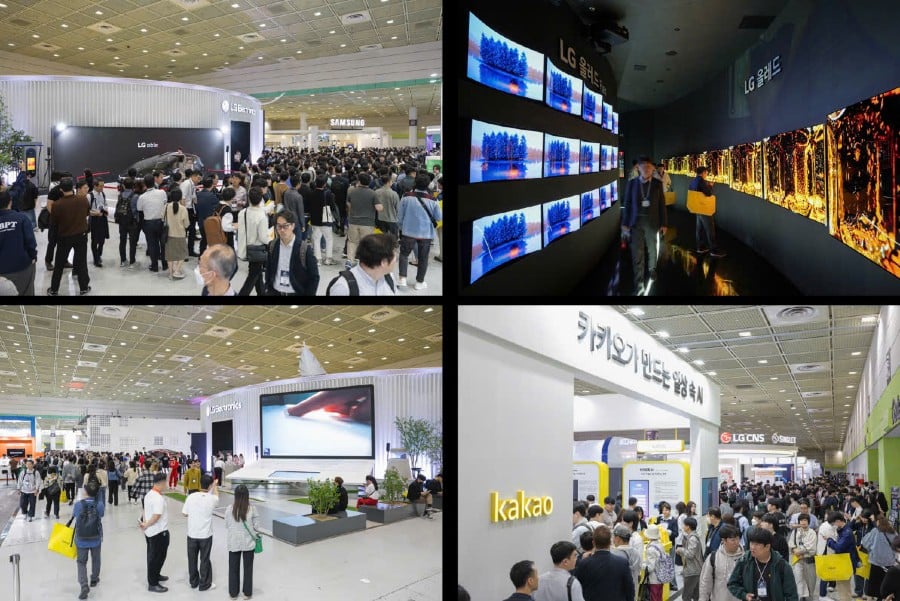

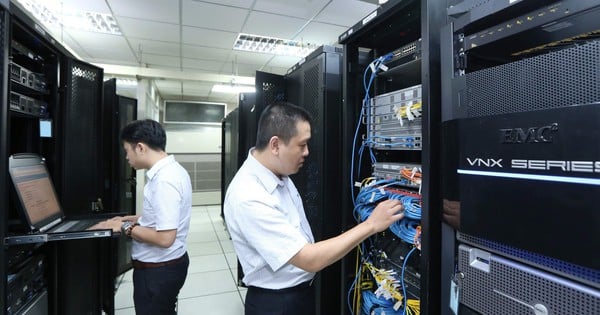
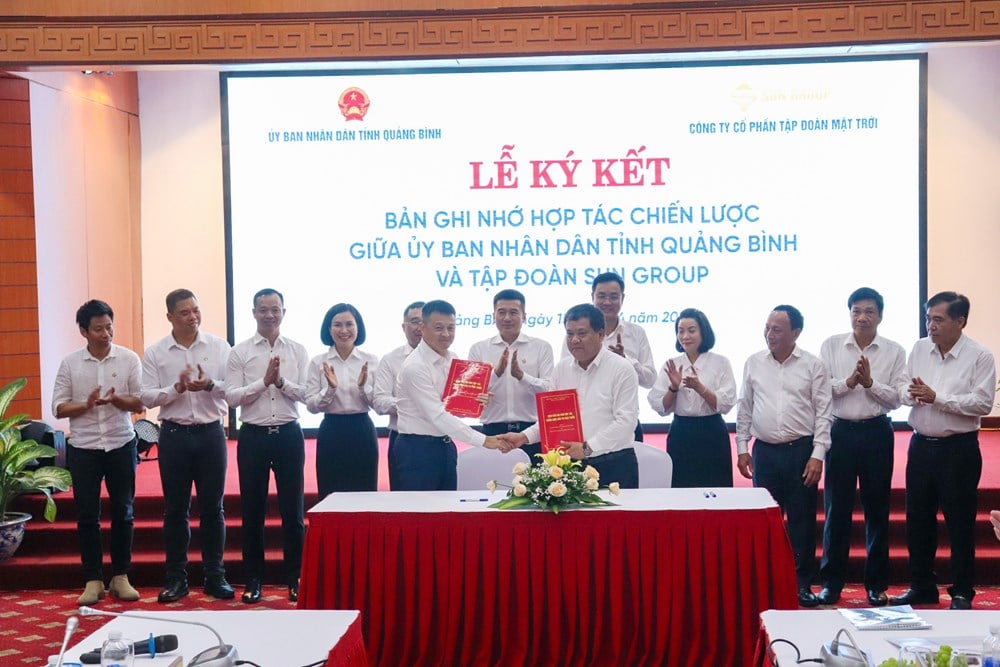



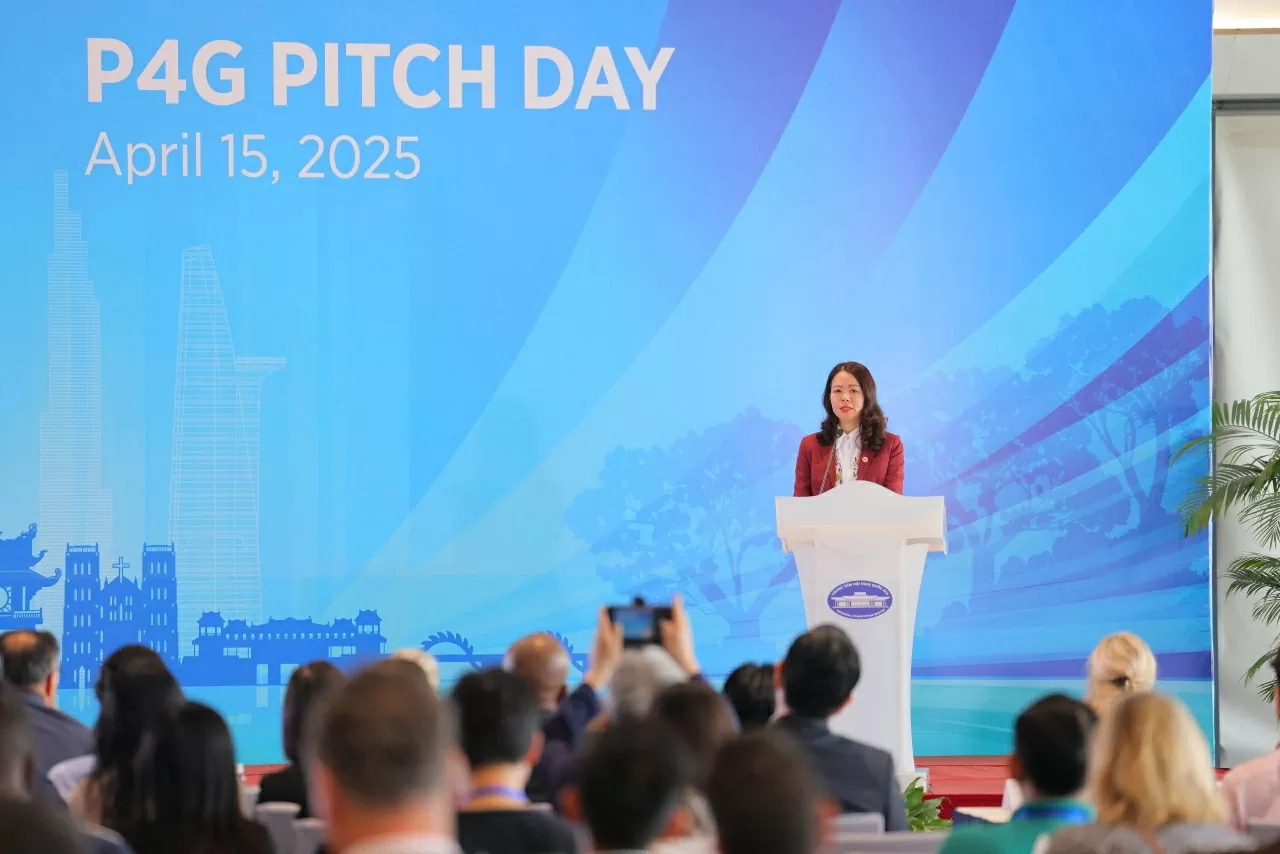

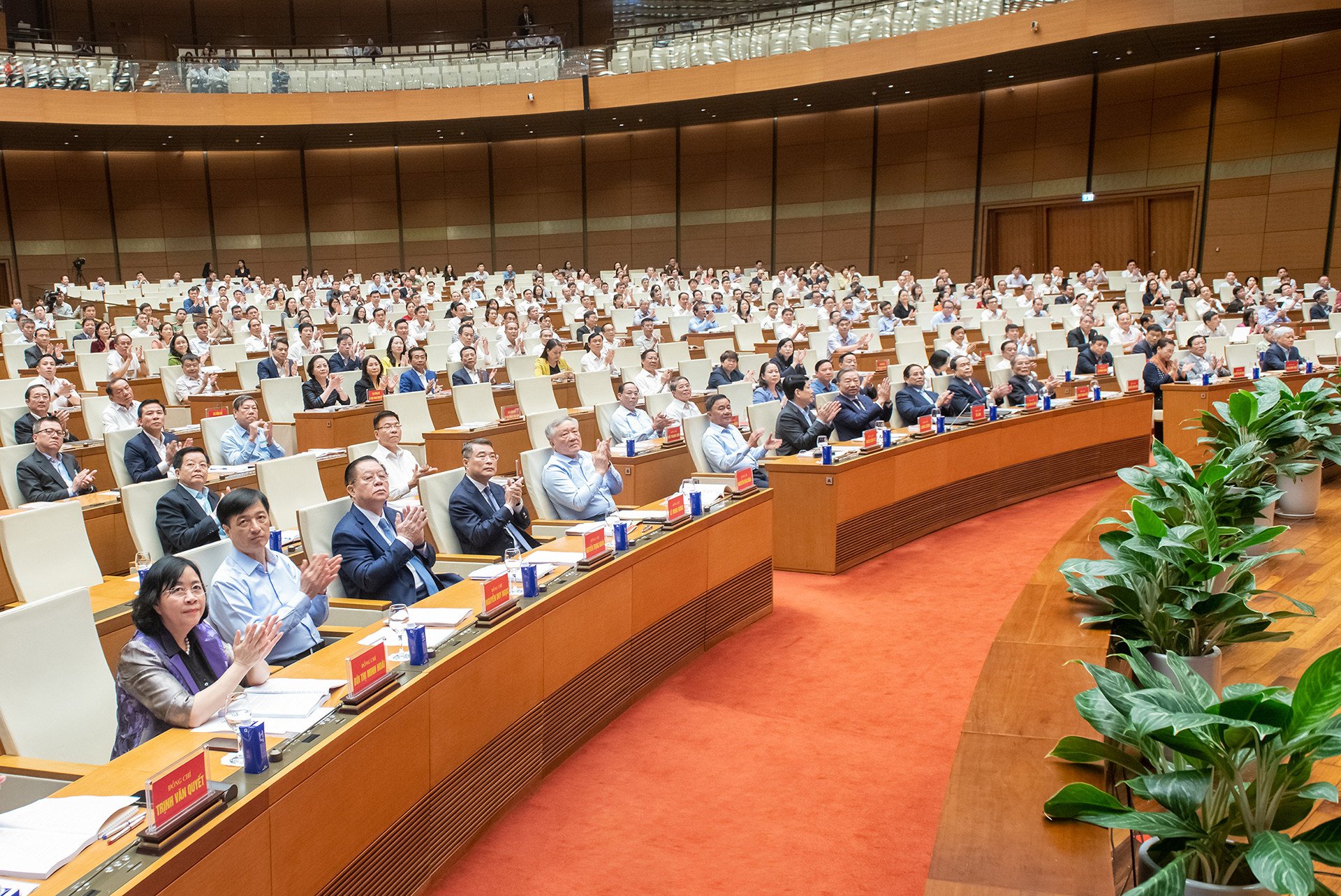






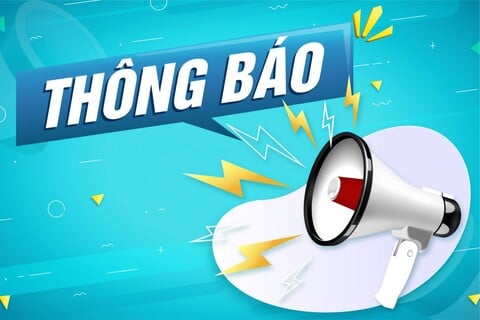

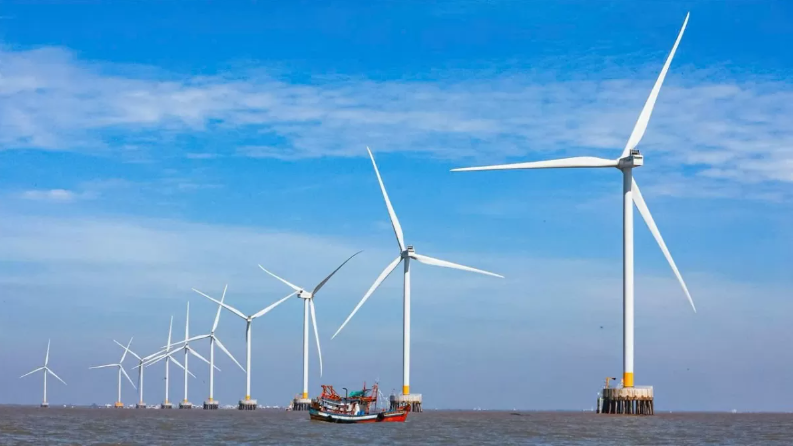
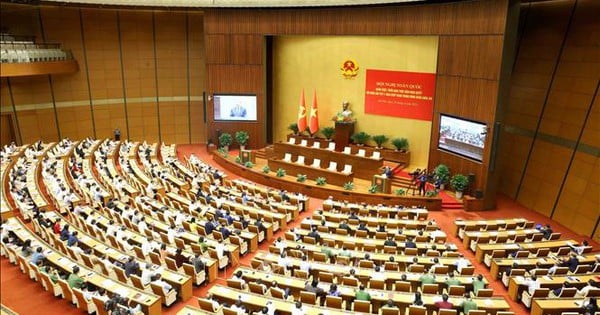



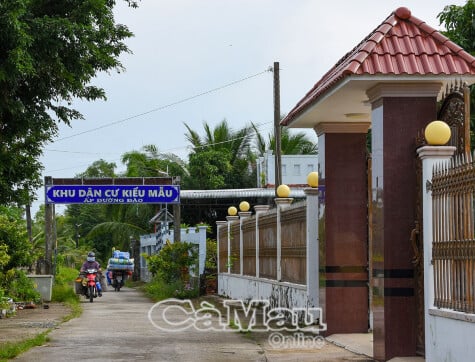

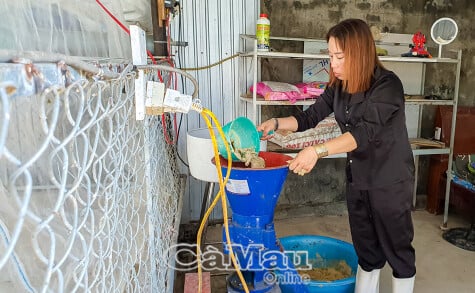
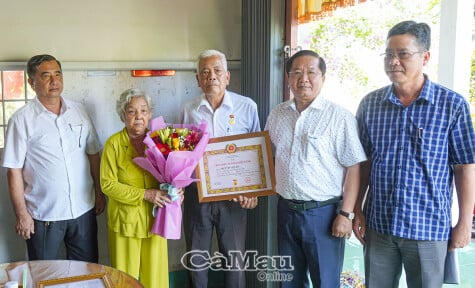


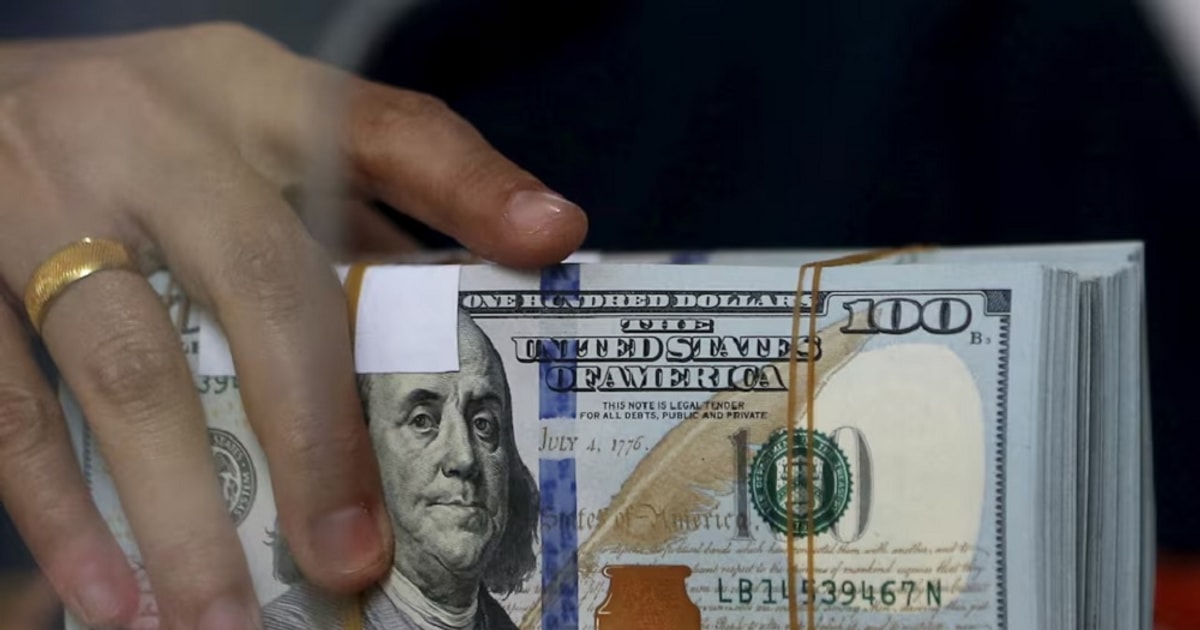

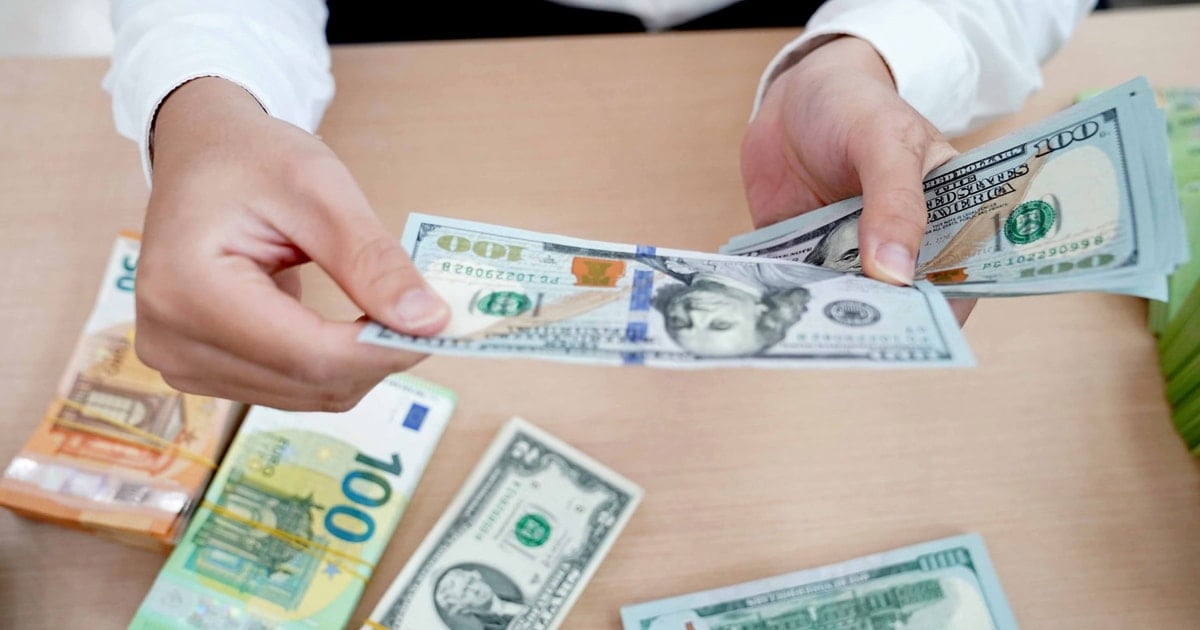



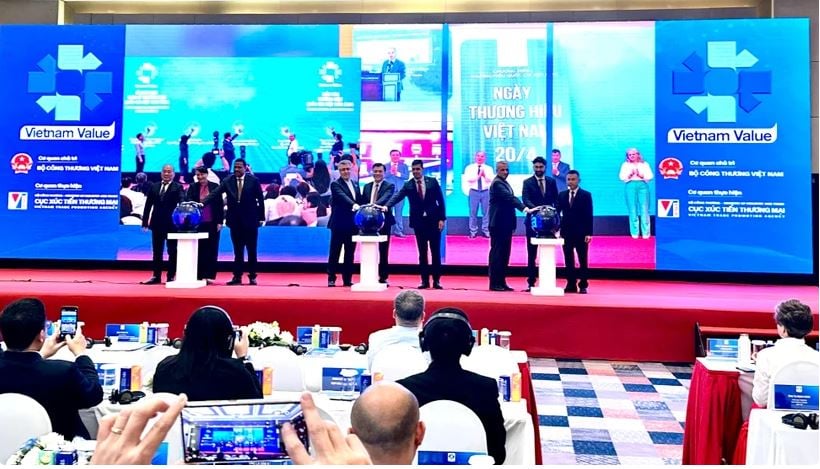


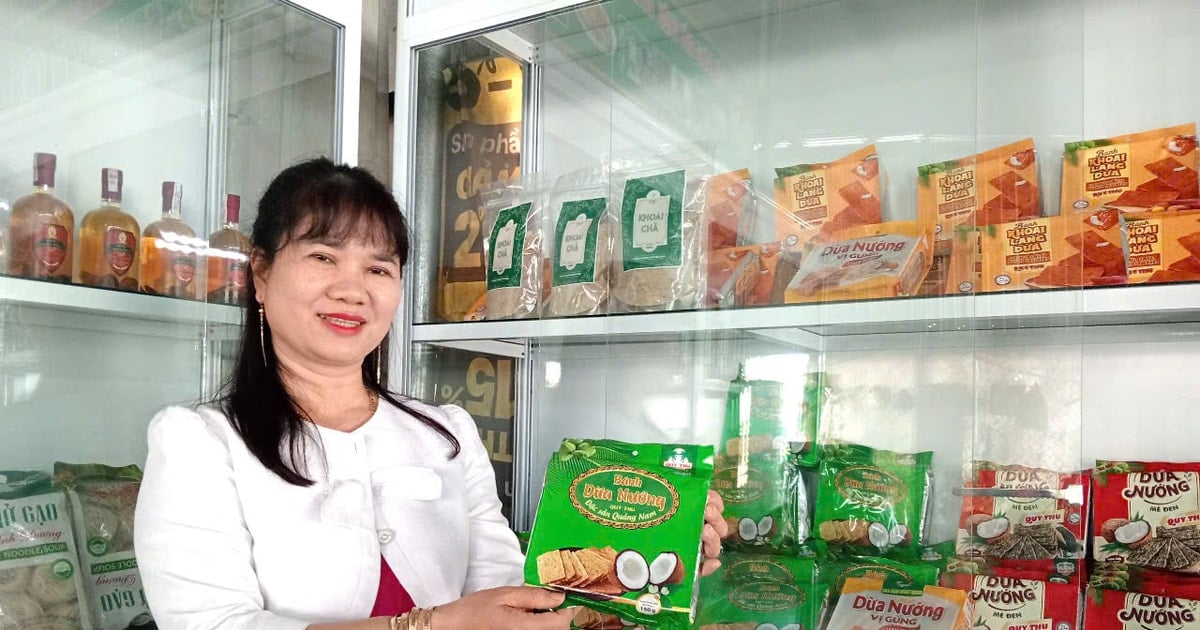

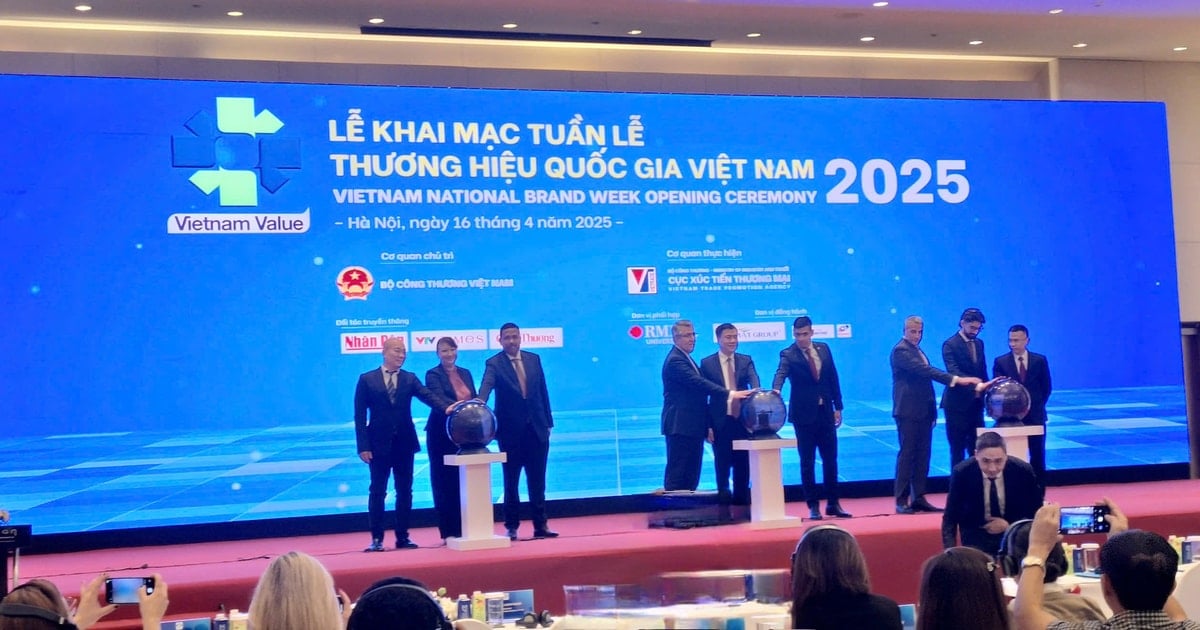
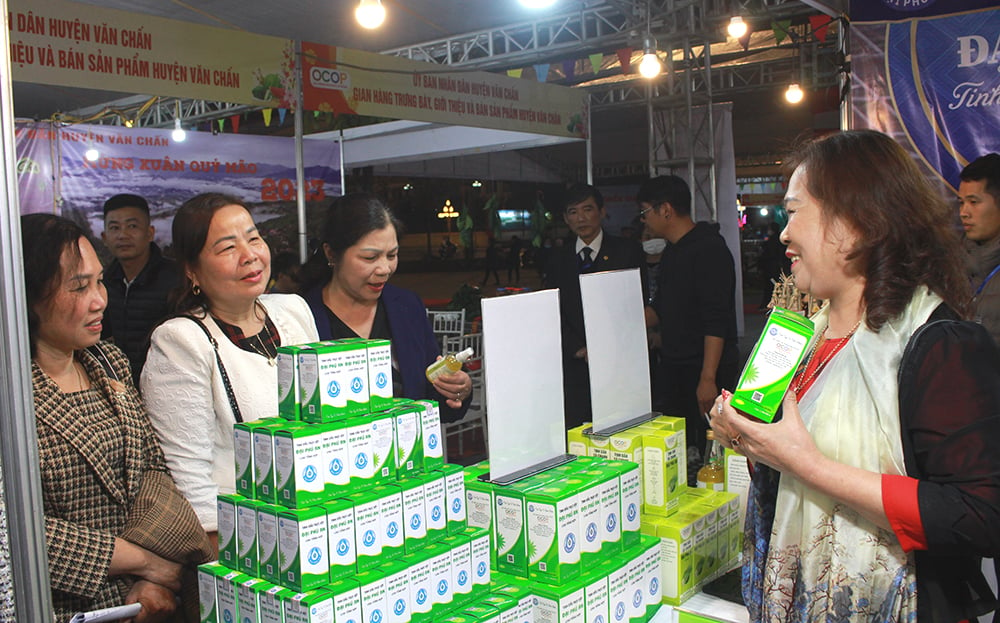

Comment (0)